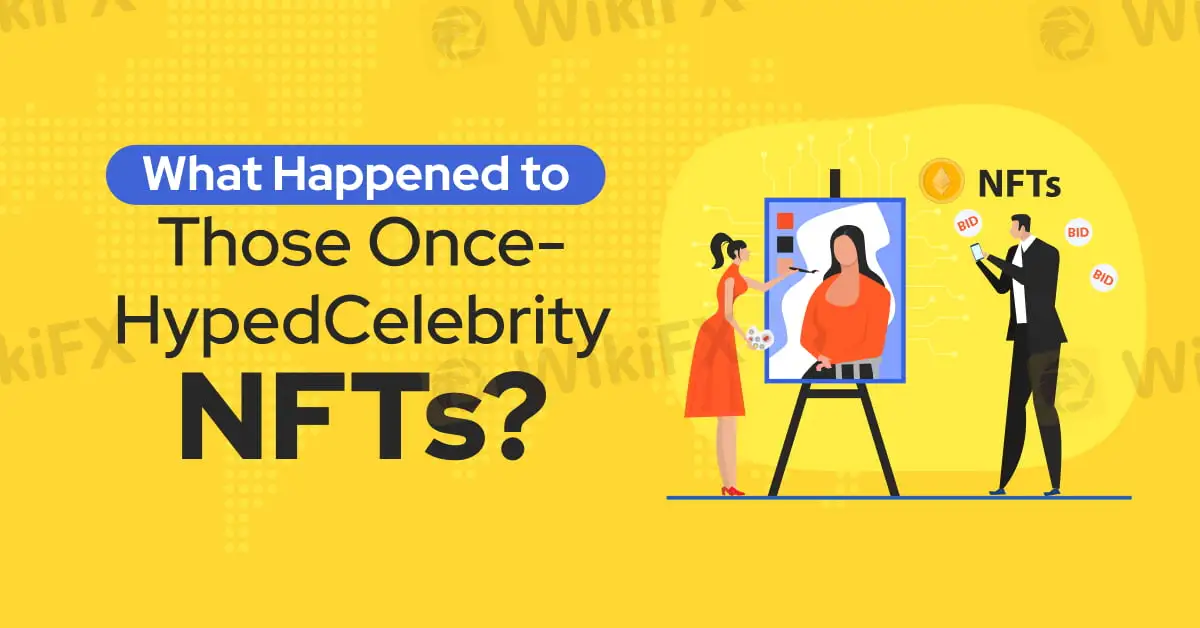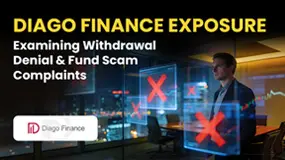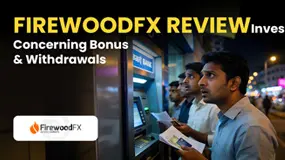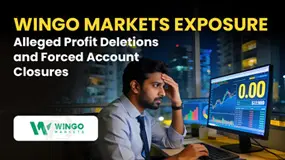Abstract:In the midst of the 2021 crypto and NFT boom, celebrities flocked to the burgeoning market of digital assets, promoting Non-Fungible Tokens (NFTs) as the next big thing. Fast forward to 2024, the glitter has faded, and many celebrity-endorsed NFTs have lost their allure. The question remains: what happened to celebrities’ NFTs, and why should this serve as a stark reminder for everyday investors?

In the midst of the 2021 crypto and NFT boom, celebrities flocked to the burgeoning market of digital assets, promoting Non-Fungible Tokens (NFTs) as the next big thing. From musicians and athletes to actors and influencers, public figures endorsed NFTs, driving massive public interest and creating an unprecedented frenzy. Fast forward to 2024, the glitter has faded, and many celebrity-endorsed NFTs have lost their allure. The question remains: what happened to celebrities NFTs, and why should this serve as a stark reminder for everyday investors?
The NFT market exploded when digital tokens tied to unique art, videos, and music promised enormous profits. Celebrities were quick to capitalize on this hype, launching their own NFT collections or endorsing various projects. Rapper Snoop Dogg, actress Lindsay Lohan, and even sports icons like Tom Brady all made headlines as they ventured into NFTs, leveraging their fame to attract millions of dollars in sales. However, as the speculative bubble expanded, many of these celebrity-backed NFTs began to lose value.

The allure of celebrity association often led many retail investors to dive headfirst into the NFT market without fully understanding what they were buying. As a result, countless individuals purchased these tokens, not out of belief in their intrinsic value, but because a famous person was attached to them. The logic was simple: if celebrities are endorsing it, it must be a solid investment. Unfortunately, this proved to be a risky assumption.
Many celebrity-endorsed NFTs failed to maintain their initial momentum. The value of these tokens plummeted as market sentiment cooled. Investors who bought in at the height of the hype saw their digital assets depreciate significantly. NFTs that were once priced in the millions are now often worth a fraction of their original value. This has left numerous individuals disillusioned and questioning the long-term viability of the NFT space.
One key lesson here is the danger of buying into hype-driven markets, especially when celebrity endorsements are involved. While public figures may influence trends and inject excitement into a new asset class, their involvement does not equate to a sound investment strategy. In many cases, celebrities themselves were paid or incentivized to promote certain NFT projects without fully understanding the risks involved, and some are now facing legal scrutiny for misleading their followers.
The collapse of the celebrity NFT bubble serves as a stark reminder that investments should never be driven solely by public figures or media buzz. NFTs, like any asset, require due diligence, and their value is highly speculative. Just because a famous individual is promoting a digital asset doesnt guarantee its success. Investors should always question the fundamentals behind any project and avoid jumping into the latest craze without a thorough understanding of the risks.
In the broader context, this downturn in the NFT market also underscores the importance of diversification and prudence. The same principles that apply to traditional investing – such as researching the asset, understanding market conditions, and recognizing potential risks – should also apply when navigating emerging markets like NFTs. Following celebrity trends blindly is not a sustainable approach to building wealth.
In conclusion, the rise and fall of celebrity-backed NFTs serves as a cautionary tale for investors. While these digital assets captured the attention of millions, their dramatic decline reveals the dangers of hype-driven speculation. The next time a new investment craze appears, it's essential to take a step back, conduct thorough research, and resist the urge to jump in just because it's endorsed by a famous face. In the world of investing, scepticism and careful analysis remain invaluable tools for protecting ones financial future.











